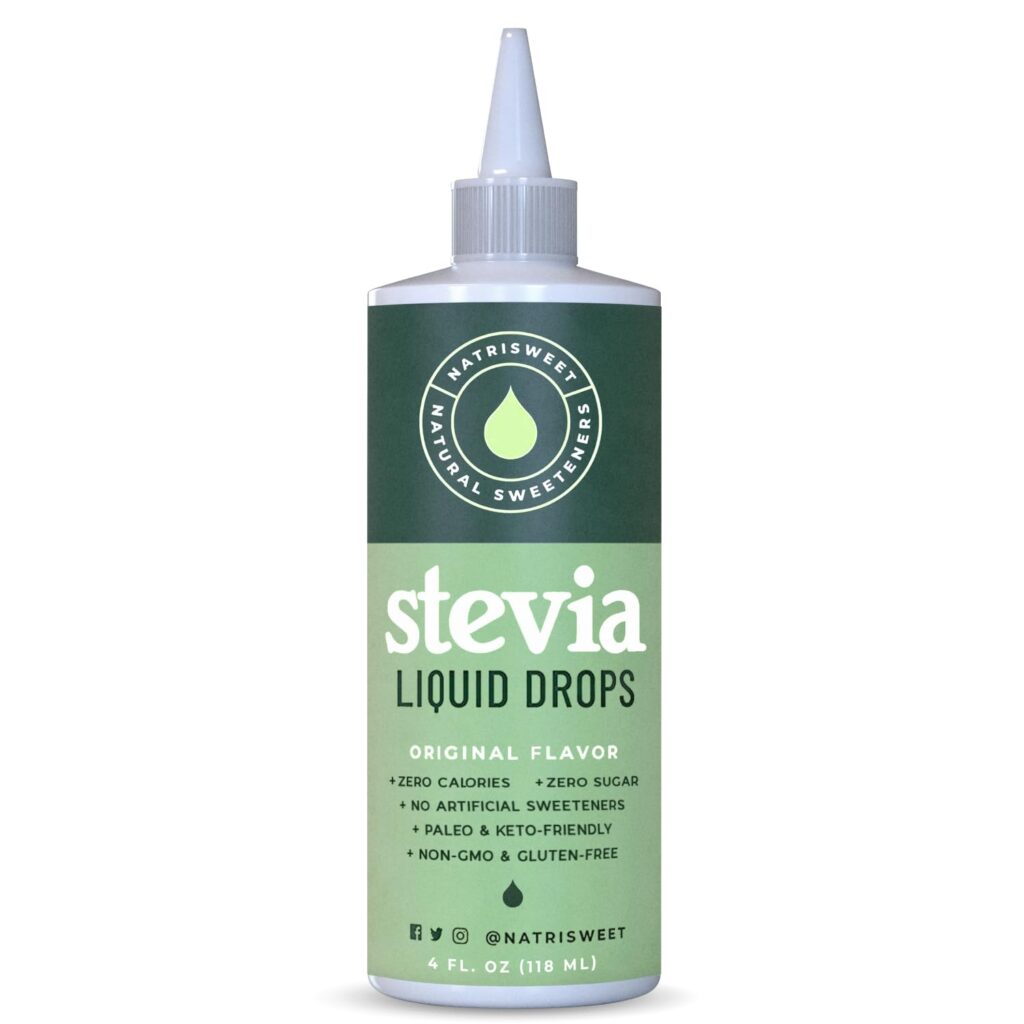When it comes to sweetening our food and beverages, sugar has long been the go-to option.
However, in recent years, a natural alternative called stevia has gained popularity, especially among those seeking a healthier lifestyle.
But how do these two sweeteners compare?
Let’s delve into the details to understand the differences between stevia and sugar, their health impacts, and how to use them effectively in our diets.
What is Sugar?
Sugar, primarily in the form of sucrose, is a naturally occurring carbohydrate found in many plants, with sugarcane and sugar beets being the most common sources.
It has been a staple in human diets for centuries, providing a quick source of energy.
However, the excessive consumption of sugar is linked to various health issues, including obesity, type 2 diabetes, heart disease, and dental problems.
What is Stevia?
Stevia is a natural sweetener derived from the leaves of the Stevia rebaudiana plant, native to South America.
It has been used for centuries by indigenous peoples and has gained popularity worldwide as a sugar substitute.
Stevia is incredibly sweet, up to 300 times sweeter than sugar, but it contains zero calories and has a negligible effect on blood glucose levels, making it a popular choice for those managing diabetes or aiming to reduce their calorie intake.
Health Impacts
Sugar
- Caloric Content: Sugar is high in calories, which can contribute to weight gain and obesity if consumed in excess.
- Blood Sugar Levels: Sugar consumption causes a rapid spike in blood glucose levels, which can be problematic for individuals with diabetes.
- Dental Health: Sugar is a major contributor to dental cavities and decay.
- Metabolic Health: High sugar intake is linked to metabolic syndrome, a cluster of conditions that increase the risk of heart disease, stroke, and diabetes.
Stevia
- Caloric Content: Stevia is calorie-free, making it a suitable option for weight management.
- Blood Sugar Levels: Stevia does not raise blood glucose levels, making it a safe alternative for people with diabetes.
- Dental Health: Stevia does not contribute to tooth decay and is considered tooth-friendly.
- Potential Benefits: Some studies suggest that stevia may have additional health benefits, such as lowering blood pressure and having anti-inflammatory properties.
Taste and Culinary Uses
Sugar
Sugar has a familiar taste and texture that is well-suited for a wide variety of culinary applications, including baking, cooking, and sweetening beverages.
Its ability to caramelize also makes it indispensable in many recipes.
Stevia
Stevia has a distinct taste that can be perceived as slightly bitter or having a licorice-like aftertaste by some people.
It is available in various forms, including liquid drops, powder, and granulated forms, making it versatile for different uses.
However, because it is much sweeter than sugar, only a small amount is needed, which can require adjustments in recipes.
My Favorite Stevia Product
If you’re looking to make the jump toward stevia for its benefits,
My favorite stevia product is NatriSweet’s Liquid Stevia.
I love Natrisweet’s Liquid Stevia because it offers the perfect blend of natural sweetness without any of the calories or additives found in traditional sugar.
With over 800 servings of pure stevia extract, it’s an incredibly versatile sweetener that enhances my beverages and recipes with ease.
Whether I’m sweetening my morning tea or baking guilt-free treats, this liquid stevia delivers unmatched flavor and quality.
Just a few drops and you’re ready to go!
The Sweet Benefits
When comparing stevia and sugar, it’s clear that stevia offers several health benefits over sugar, including being calorie-free, having a negligible impact on blood glucose levels, and being tooth-friendly.
However, the taste and culinary properties of sugar are well-established and preferred by many.
The choice between stevia and sugar ultimately depends on individual health goals, dietary needs, and personal taste preferences.
For those looking to reduce their calorie intake and manage blood sugar levels, stevia presents a viable and healthier alternative to sugar.
Incorporating stevia into your diet can be a beneficial change, especially if you’re looking to cut down on sugar without sacrificing sweetness.
As with any dietary change, it’s essential to consider your overall nutritional needs and consult with a healthcare professional if you have any specific health concerns.
Thank you for reading!
